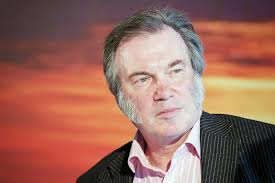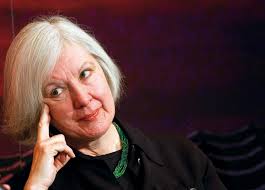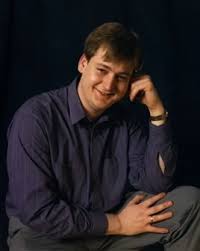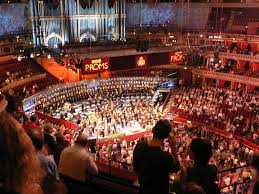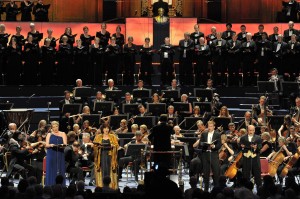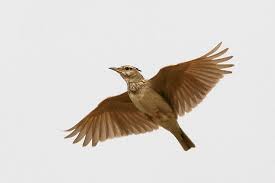THE SCHUBERT PROJECT
BRINGING SCHUBERT’S VIENNA TO OXFORD
10 October – 1 November 2014
Many of the world’s greatest musicians arrive in Oxford this October to take part in The Schubert Project – the UK’s first complete performance of Schubert’s songs, and a world first in the scope of a single festival. Around this unparalleled body of work – some 650 songs by the age of just 31 – the city of Oxford will be buzzing with other Lieder Festival events planned to illuminate the songs and bring to life the world that Schubert inhabited.
The Festival is launched with a stellar cast of tenors and baritones (John Mark Ainsley, Joshua Ellicott, James Gilchrist,Daniel Norman / Neal Davies, William Dazeley, Stephan Loges, Christopher Maltman) joined by mezzo sopranoSarah Connolly for songs, partsongs and the exquisite serenade, Zögernd leise (10 Oct). In more than 60 concerts, singers include Sir Thomas Allen (25 Oct), Ian Bostridge (16 Oct), Christiane Karg (21 Oct), Susan Gritton (26 Oct),Dietrich Henschel (17 Oct), Robert Holl (28 Oct), Wolfgang Holzmair (30 Oct), Sophie Karthäuser (11 Oct), Angelika Kirchschlager (29 Oct), Jonathan Lemalu (1 Nov), Mark Padmore (24 Oct), Christoph Prégardien (19 Oct),Maximilian Schmitt (28 Oct), Sylvia Schwartz (11 Oct), Birgid Steinberger (11 Oct), Kate Royal (13 Oct) andRoderick Williams (15 Oct), alongside emerging stars including Allan Clayton, Anna Lucia Richter, Martin Haessler, Christoph Pohl and many others. They will be joined by the world’s leading pianists, including Thomas Adès, Eugene Asti, Imogen Cooper, Julius Drake, Bengt Forsberg, Graham Johnson, Malcolm Martineau, Roger Vignoles &Justus Zeyen. In addition, the Orchestra of the Age of Enlightenment, the Doric String Quartet and the Schubert Ensemble will be performing key chamber works.
The Bodleian Library will show several Schubert manuscripts; the Ashmolean Museum will host live music events and a specially-devised audio guide; there will be four performances of a new play by Iain Burnside; Schubert’s sacred musicwill resound around college chapels; the Botanic Gardens will collaborate on a study event looking at Schubert’s relationship with nature; a pop-up theatre will recreate a famous Schubert gathering; and local restaurants will feature Viennese food and wine. Masterclasses, talks and workshops abound, and the Festival will stretch to all corners of the city from Christopher Wren’s Sheldonian Theatre and Europe’s oldest concert hall – the Holywell Music Room – to the contemporary settings of the O’Reilly Theatre, the Phoenix Cinema and the recently-restored Ashmolean Museum.


